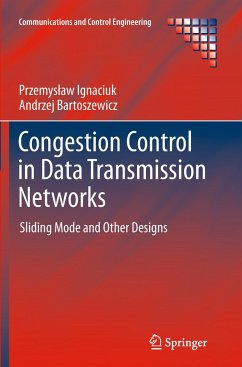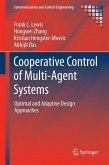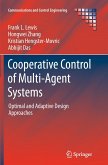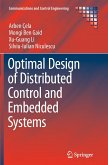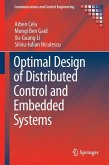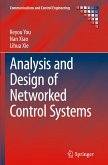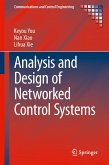Congestion Control in Data Transmission Networks details the modeling and control of data traffic in communication networks. It shows how various networking phenomena can be represented in a consistent mathematical framework suitable for rigorous formal analysis. The monograph differentiates between fluid-flow continuous-time traffic models, discrete-time processes with constant sampling rates, and sampled-data systems with variable discretization periods.
The authors address a number of difficult real-life problems, such as:
optimal control of flows with disparate, time-varying delay;
the existence of source and channel nonlinearities;
the balancing of quality of service and fairness requirements; and
the incorporation of variable rate allocation policies.
Appropriate control mechanisms which can handle congestion and guarantee high throughput in various traffic scenarios (with different networking phenomena being considered) are proposed. Systematic design procedures using sound control-theoretic foundations are adopted. Since robustness issues are of major concern in providing efficient data-flow regulation in today's networks, sliding-mode control is selected as the principal technique to be applied in creating the control solutions. The controller derivation is given extensive analytical treatment and is supported with numerous realistic simulations. A comparison with existing solutions is also provided. The concepts applied are discussed in a number of illustrative examples, and supported by many figures, tables, and graphs walking the reader through the ideas and introducing their relevance in real networks.
Academic researchers and graduate students working in computer networks and telecommunications and in control (especially time-delay systems and discrete-time optimal and sliding-mode control) will find this text a valuable assistance in ensuring smooth data-flow within communications networks.
The authors address a number of difficult real-life problems, such as:
optimal control of flows with disparate, time-varying delay;
the existence of source and channel nonlinearities;
the balancing of quality of service and fairness requirements; and
the incorporation of variable rate allocation policies.
Appropriate control mechanisms which can handle congestion and guarantee high throughput in various traffic scenarios (with different networking phenomena being considered) are proposed. Systematic design procedures using sound control-theoretic foundations are adopted. Since robustness issues are of major concern in providing efficient data-flow regulation in today's networks, sliding-mode control is selected as the principal technique to be applied in creating the control solutions. The controller derivation is given extensive analytical treatment and is supported with numerous realistic simulations. A comparison with existing solutions is also provided. The concepts applied are discussed in a number of illustrative examples, and supported by many figures, tables, and graphs walking the reader through the ideas and introducing their relevance in real networks.
Academic researchers and graduate students working in computer networks and telecommunications and in control (especially time-delay systems and discrete-time optimal and sliding-mode control) will find this text a valuable assistance in ensuring smooth data-flow within communications networks.

